Here at Good Works, we’re all about relationships — more specifically, the relationships you build with your donors. We always encourage our clients and fundraising friends to thank donors often, show them what their support has accomplished, and more importantly, just listen to them. In fact, our blog is chock-full of posts like this one or this one – with helpful tips on how to do all three!
But my friends, I’m here to tell you there is ONE exception to these rules — a time when listening to your donors can actually backfire, and do more harm than good.
Before you throw your computer across the room in disgust, let me explain.
THE EXCEPTION TO THE RULES
Picture this — your phone rings and it’s a donor calling you to tell you that your direct mail letters are simply too long and that you ought to be mailing less paper. Another one emails you and explains that if you just sent them one letter every year, they would simply donate then.
What’s your reaction? Do you agree? Do you begin to wonder if you should shorten your letters moving forward? Do you reconsider your mailing schedule and think about cutting back?
The short answer? No!
As fundraisers, we make it our mission to respect donor’s wishes. With that said, when we make BIG changes to our programs to meet ONE (or two) donor’s needs, we risk making adjustments that can really derail our fundraising results.
To use the same example as above, a fundraiser may nix all their four-page letters, despite the fact that testing has shown that their donors respond best to longer letters. Or, they could cut a few mailings out of their mailing schedule, only to see their renewal rate plummet — because as we all know, donors need more than one touchpoint to compel them to act.
And we’re also seeing that direct mail donors are likely to give more than one gift per year, if given the chance. (Check out the 2021 Direct Mail Benchmarks report for the stats, and while you’re at it, sign up to participate in this year’s report.)
So while donor stewardship, donor-centricity, and donor relationships should be at the centre of everything you do, be careful not to make large strategy decisions in response to the opinions of a small group of donors. Base your program on what you know works, how donors respond, what you’re seeing in your results, and of course, your immense fundraising prowess.

